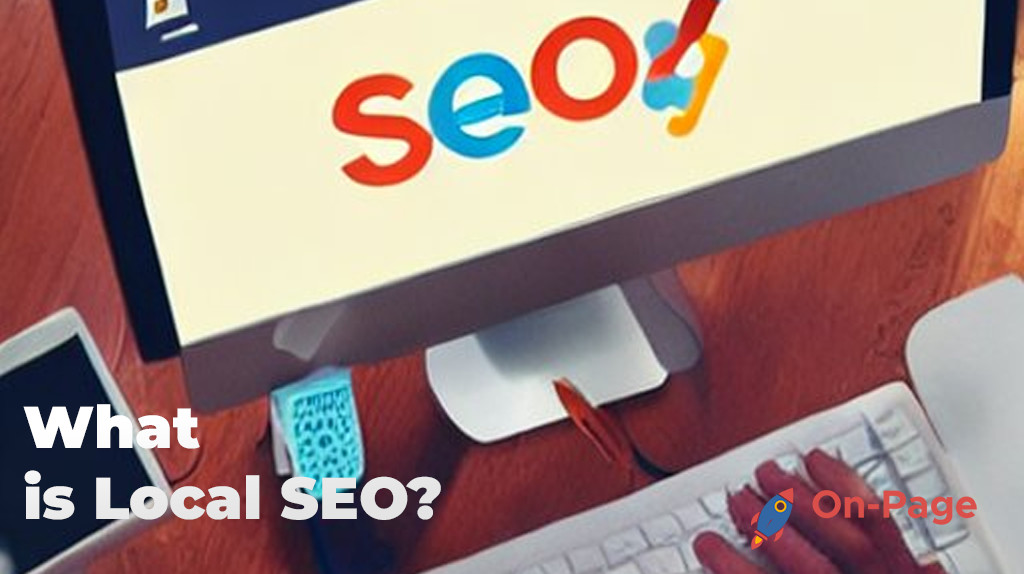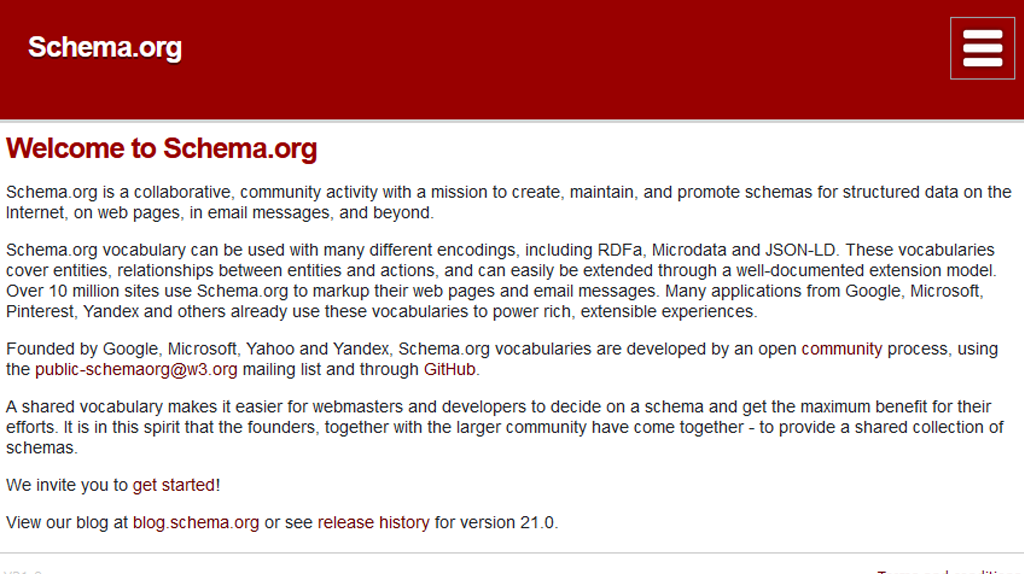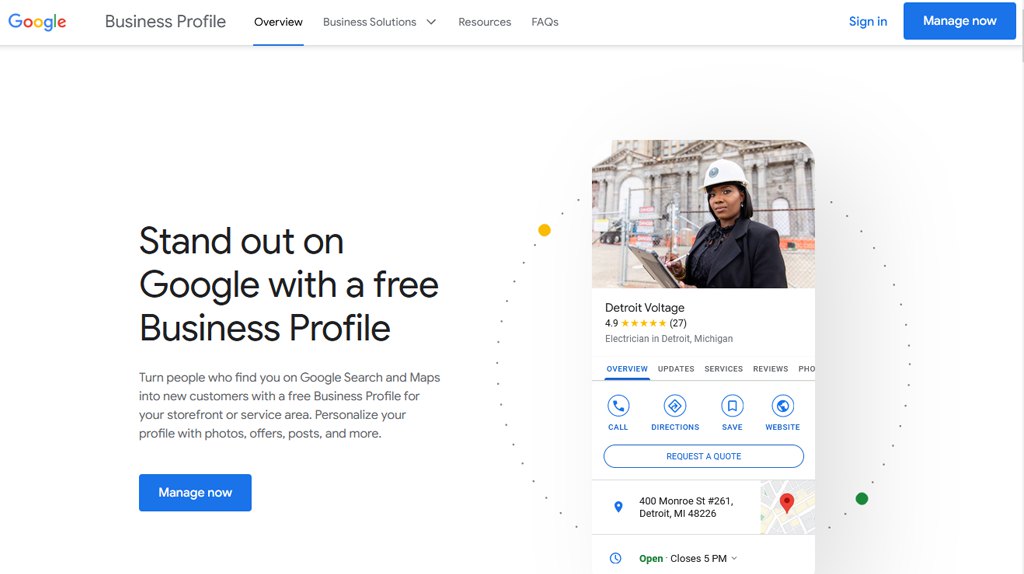Imagine owning a thriving bakery in the heart of New York City, and despite raving reviews from countless satisfied customers, you struggle to attract new patrons because they simply cannot find your store. You wouldn’t want that for your business, right? This is where Local SEO comes in to save the day! Welcome to “What is Local SEO? A Comprehensive Guide to On-Page and Off-Page SEO,” where we’ll take an in-depth journey into understanding how this powerful strategy can help expand your reach on search engines and ultimately propel your local business towards success. Don’t let your business remain undiscovered – keep reading and unlock the power of Local SEO!
Local SEO focuses on optimizing a business’s online presence for location-based searches, such as “restaurants near me,” while On-Page SEO aims to improve a website’s overall search engine visibility through methods like keyword optimization, meta tags, and content creation. While both types of SEO are important for any online presence, local SEO is especially critical for brick-and-mortar businesses looking to attract customers in their immediate vicinity.
Understanding Local SEO
As an online business owner, it’s crucial to understand how local SEO works and its impact. Local SEO is an effective way to promote your brand locally as traditional SEO strategies don’t always work in a specific geographical area. Unlike traditional SEO, local search results contain unique features that help businesses connect with their targeted audience.
For instance, imagine you’re looking for the best pizza place in town; you’d type in “pizza delivery near me” on your mobile device. Depending on your location, Google will show you a list of local pizza shops providing delivery service along with their phone number, opening hours and customer reviews. This is where local SEO comes into play.
Think of local SEO as a GPS with directions on how to reach your desired location- customers interested in your product or services will take the quickest route towards your business via locally relevant search queries.
The significance of local SEO lies in its ability to target customers who are physically closer and looking for businesses within that area. According to recent statistics by Hubspot, 46% of all searches on Google are local searches, and approximately 88% of users carry out a search for a local business before visiting or making a purchase. Hence optimizing your website for local searches can provide an enormous opportunity for driving traffic, footfall, sales and ultimately revenue.
Now that we’ve established what local SEO is let’s explore the difference between local and traditional SEO.
Difference Between Local and Traditional SEO
Traditional SEO focuses on improving visibility globally while local SEO has a more defined purpose of boosting regional websites’ ranking on Google SERP. While they have similar objectives- to drive organic traffic to websites through higher rankings- their execution strategies differ significantly.
To further explain the difference, consider the analogy of traditional vs boutique advertising, where traditional is like a billboard ad that’s aimed at reaching as many people as possible and the boutique approach (local SEO) targets a smaller audience in a specific location.
Traditional SEO requires high-quality content marketing and link building to gain backlinks from reputable sources. Technical SEO optimization like fixing broken links, sitemaps, robots.txt files and load speed also improve website performance. In contrast, local SEO techniques include creating location-specific landing pages, optimizing Google My Business profiles and collecting NAP citations (name, address, phone number) for local directories.
Some argue that traditional SEO only has long-term benefits while local SEO yields short-term ROI. While it is true that local SEO has quicker results on a small scale level with tools such as GMB, it is a worthwhile investment on both short and long-term.
To put into perspective how important local SEO can be for small businesses looking to generate revenue; a financial study conducted by WebFX revealed that they obtained over $3 billion in search revenue for their clients through improving their search rankings on Google.
Now we’ve covered the differences between the two kinds of optimization strategies, let’s dive into On-Page Local SEO Strategies.
On-Page Local SEO Strategies
On-page optimization is the foundation of local SEO. It refers to the improvements that businesses make to their own websites and web pages to make them more relevant to local searches. On-page optimization involves technical, content, and design optimizations. The following are some on-page strategies that can help improve your website’s local search ranking.
One tactic for on-page local SEO is optimizing your website’s title tags and meta descriptions. Title tags and meta descriptions tell search engines what your page is about. They appear in search engine results as clickable headlines and short descriptions below the headline. By including your location in the title tag and meta description, you signal to Google that your page is relevant to local searches.
Another way to optimize your website for local searches is by adding schema markup. Schema markup is a type of code that helps search engines understand the content on a web page. It can help improve the appearance of your result in Google’s search engine results pages (SERPs) by giving additional information about your business, such as hours of operation, reviews, and address.
Some argue that keyword stuffing used to be an effective on-page technique for improving rankings in local searches. Keyword stuffing refers to the practice of adding as many keywords as possible to a webpage in order to rank higher for those keywords. However, this practice is now considered spammy and can result in penalties from Google. Instead, focus on using keywords naturally throughout your content while keeping user experience at the forefront.
Think of on-page optimization as the foundation of a house – if it’s not done correctly or well-built, cracks will show up somewhere down the line.
- A recent study found that 46% of all Google searches are seeking local information, emphasizing the importance of local SEO for businesses targeting a specific geographic area.
- Research conducted in 2020 shows that on-page SEO factors, such as keyword usage and quality content, influence approximately 36% of a website’s search engine ranking potential.
- In 2018, it was reported that businesses with strong on-page SEO strategies experience a 200% increase in organic traffic, while those with a focus on local SEO saw up to a 50% growth in their customer base.
Content Optimization and Keyword Research
Content optimization is another important component of on-page SEO. By creating high-quality content that’s optimized for relevant keywords, businesses can improve their local search rankings and attract more traffic to their website. Here are some tips for optimizing your content for local searches.
One of the first steps in optimizing your content is conducting keyword research. Keyword research is about finding the words and phrases that people use when they’re searching for products or services like yours. By knowing what users are searching for, you can optimize your content around those terms to increase your chances of ranking in search results.
When optimizing your content, it’s essential to focus on quality rather than quantity. Google and other search engines favor quality content that provides value to users. The content should be well-written, comprehensive, up-to-date, and informative.
Some businesses think that creating duplicate content across multiple pages will help improve their SEO ranking. However, this practice can result in a penalty from Google since it’s seen as spammy. Instead, focus on creating unique content that’s specific to each page on your website.
Content optimization is like a recipe – when all the ingredients (keywords, meta tags, internal links) are combined correctly and cooked to perfection (well-written and informative), the end product (your webpage) has the highest chance of satisfying your customers (users) and prompting them to return for seconds (future visits).
- Content optimization is a crucial aspect of on-page SEO for businesses to rank higher in local search results. Conducting thorough keyword research and focusing on creating high-quality content that adds value to users can help improve search engine rankings. Avoid duplicating content across multiple pages, as it can lead to penalties from search engines. Instead, concentrate on crafting unique and relevant content specific to each page. Properly optimizing content is like cooking a delicious recipe with the right ingredients, resulting in satisfied customers who will be compelled to keep returning for more.
Off-Page Local SEO Techniques
Off-page optimization refers to all the activities that can be done outside a website to improve its ranking in SERP. This includes building high-quality backlinks, local listings optimization, social media marketing, and more. As search engines are constantly upgrading their algorithms, it is crucial for businesses to ensure that they follow ethical practices to maintain the integrity of their page’s ranking.
One practical off-page optimization technique is participating in local link building activities. Building high-quality backlinks from authority pages helps gain visibility, boost domain authority and ultimately enhance the website’s position on search engines result pages.
In addition, high-quality backlinks not only aid the page in ranking higher but also provide credibility to the business by demonstrating that it has authority within the industry. The best way to earn these links is through creating helpful and informative content that visitors will find valuable resulting in more shares and backlink opportunities.
One common misconception within off-page optimization is buying low-quality or spammy backlinks to boost rankings. However, Google has further developed its algorithm to scrutinize these tactics by penalizing websites indulging in such unethical practices leading to a decrease in ranking or even complete removal from SERP entirely. Therefore, businesses should stay clear of any black hat strategies and only focus on organic techniques for long-term benefits.
Now that we’ve established how important off-page optimization is for local SEO let’s delve into two essential techniques- Directory Listings and Local Links.
Directory Listings and Local Links
Directory Listing is an online database or portal where businesses can register and share their business information including name, address, phone number, hours of operation and much more. It serves as a GPS foundation point which ensures customers can easily find correct information without confusion.
Boosted exposure on various directories improves brand awareness, customer loyalty and promotes easy discovery of the businesses services resulting in higher local SEO ranking.
In addition, listing on directories allows Google to confirm the business’s legitimacy by identifying significant information across varying sources.
Think of it as when a friend recommends a new restaurant. You’re much more likely to visit that restaurant knowing that someone you trust has recommended it. For Google, these directory listings play the role of trusted recommendations for your business – increasing your perceived authority online and also indicating location accuracy by cross-checking with different listings.
However, it’s important to optimize these directory listings and keep them updated regularly with accurate details like address, phone number, operating hours and even images – thereby ensuring customers don’t waste their time traveling to an outdated address or contacting a closed business.
Having thoroughly covered the importance of off-page optimization techniques such as Directory Listings and Local Links, let’s drew insights from our discussions so far regarding Local SEO.
Benefits and Impact of Local SEO on Businesses
If you’re running a local business, optimizing for Local SEO is crucial for improving your visibility in the search engine results pages. With Local SEO, you can target customers in your specific geographical area who are searching for the products or services that you offer. Let’s discuss some of the benefits and impact of Local SEO on businesses.
One of the most significant benefits of Local SEO is increased web traffic and foot traffic to your physical store. According to research, 80% of local searches convert, which means that potential customers are more likely to make a purchase or visit your store after finding your business online. By improving your visibility in the search results pages, Local SEO can help you attract more visitors and increase sales.
Another major benefit of Local SEO is improved brand recognition. By appearing at the top of the search engine results pages, you can establish your brand as an authority in your industry. In addition, by optimizing your Google My Business profile, you can showcase important information about your business, such as your hours, location, reviews, and photos. This not only helps potential customers find your business but also builds credibility and trust with them.
Some argue that traditional SEO strategies are sufficient for achieving higher visibility in search engines. However, it’s important to note that traditional SEO focuses on improving visibility on a national or global scale and may not necessarily be effective for local businesses. By targeting specific geographical areas with Local SEO techniques like directory listings and local links, businesses can attract customers searching for specific local goods or services.
Think about it this way: if you owned a bakery in New York City, would you rather appear at the top of the search results when someone searches for “bakery” globally or when they search for “bakery in New York City”? Clearly, the latter would drive more relevant traffic to your website and physical store. That’s where Local SEO shines.
Finally, Local SEO is cost-effective compared to other marketing strategies. While traditional advertising may require a large budget, Local SEO can be done with minimal costs and can yield significant returns on investment. By optimizing your website for local search queries and listings, you can attract customers who are already interested in your products or services, saving you valuable resources that could have otherwise been spent on ineffective advertising methods.
In conclusion, Local SEO has become a necessary tool for any business looking to improve their visibility in the online marketplace. On-Page.ai offers various features and services that are designed to help improve your local SEO rankings quickly and efficiently. From content optimization and keyword research to directory listings and local links, our advanced tools can help you attract more visitors and increase sales. Don’t let your competition get the upper hand – start improving your Local SEO today with On-Page.ai!







